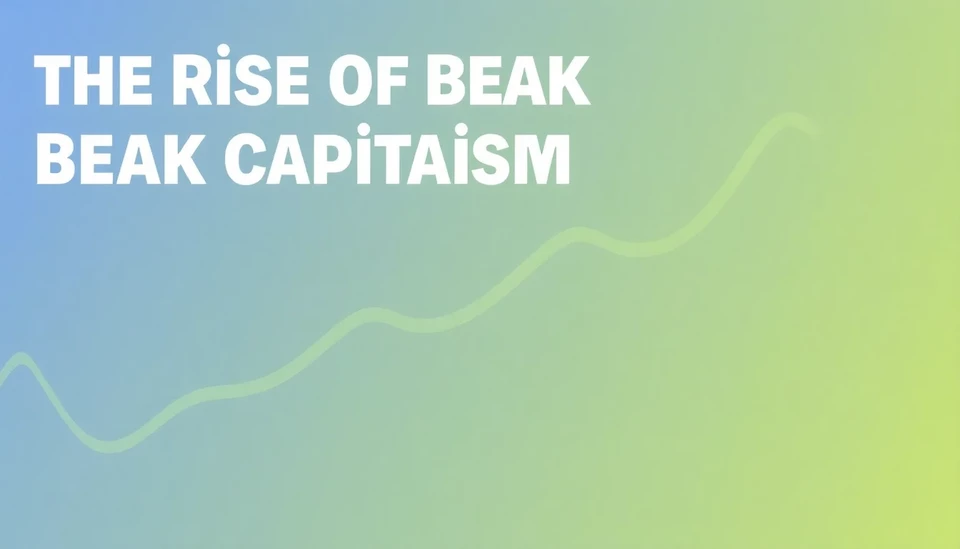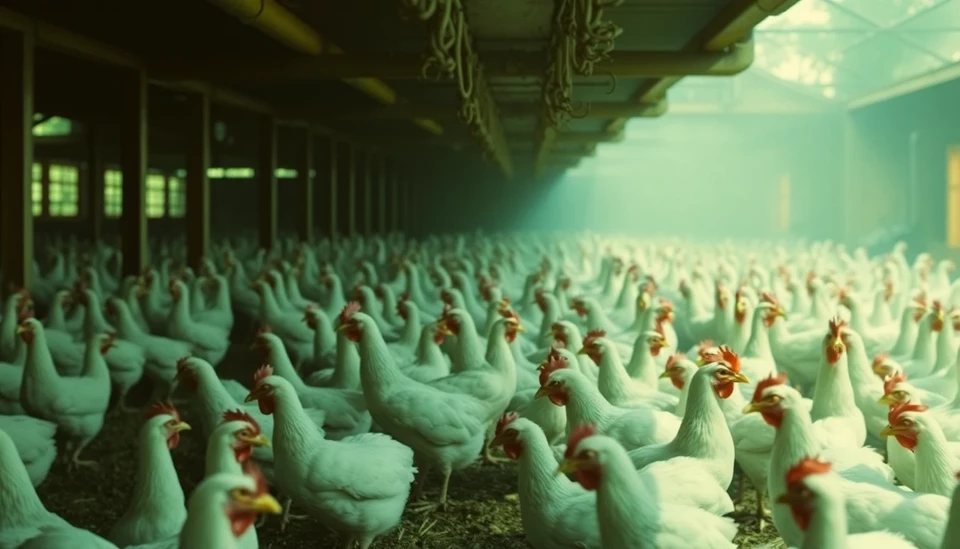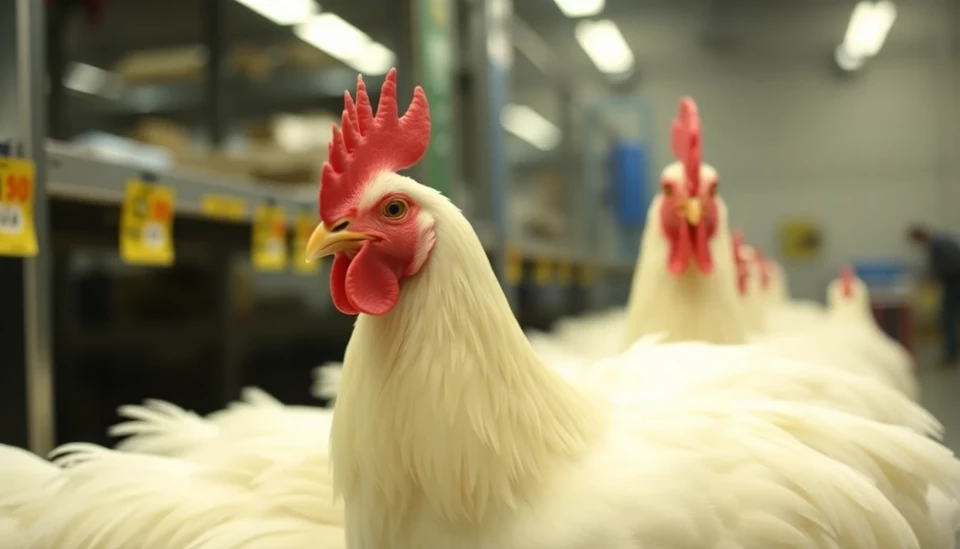
In a recent episode of the Odd Lots podcast, the discussion centered around the concept of “beak capitalism,” a term that symbolizes a new phase in our economic landscape characterized by nuanced market dynamics and evolving consumer behaviors. Hosted by Joe Weisenthal and Tracy Alloway, the conversation featured renowned economist and author, Matt Levine, who provided significant insights into this emerging paradigm.
The dialogue began with an exploration of what “beak capitalism” entails. Levine described it as a system where market influence is significantly shaped by a broad range of actors beyond traditional powerhouses. This change signals a shift in how capital flows, emphasizing the rise of smaller players who now hold substantial sway in the marketplace. The discussion touched on how tech has democratized access to investment opportunities, creating a more participatory financial ecosystem.
This market evolution has led to a transformation in consumer behavior, where individuals are increasingly engaging with companies at a grassroots level. Levine posited that this shift is primarily driven by the interconnectedness of social media, which allows for immediate feedback loops between consumers and producers. Such dynamics enable consumers not only to express their desires but also to influence company policies and market trends directly.
An interesting aspect of the conversation was the challenges posed by this new capitalist structure. Levine highlighted volatility and unpredictability as significant concerns, as smaller entities can be more susceptible to market swings and external pressures compared to their larger counterparts. The unpredictability often reflects in stock prices and public sentiment, both of which can fluctuate wildly based on social media trends and viral moments.
Moreover, the discussion also examined the role of regulators in this new era of capitalism. Levine suggested that regulatory frameworks might struggle to keep pace with the rapid changes in market structures and consumer behaviors. He emphasized that a failure to adapt could lead to potential risks to market stability, particularly if smaller firms do not adhere to established norms and practices.
The podcast conversation further delved into the implications of beak capitalism within various industries, such as retail and technology. For example, the rise of independent brands and the direct-to-consumer model were highlighted as clear indicators of this transition. These models challenge traditional business frameworks and place additional pressure on larger corporations to innovate or risk losing market share.
As the episode rounded up, the hosts and Levine reflected on the future of beak capitalism. They acknowledged that while the system presents several challenges, it also opens up numerous opportunities for innovation and the creation of value. The dialogue suggested that the collective power of consumers could lead to a more equitable market landscape, provided that all stakeholders remain adaptable and vigilant amidst an ever-changing economic environment.
Listeners were left with food for thought regarding their roles in this economic transformation and the ways in which modern-day consumers can influence corporate practices. The episode encapsulated the essence of beak capitalism and its relevance in today's market, promising more discussions on its implications in future installments of the podcast.
For those interested in a deeper dive into the intricacies of modern capitalism, this episode serves as an engaging primer on the evolving landscape shaped by both consumers and companies alike.
#BeakCapitalism #EconomicTrends #ConsumerInfluence #MarketDynamics #OddLotsPodcast
Author: Victoria Adams



